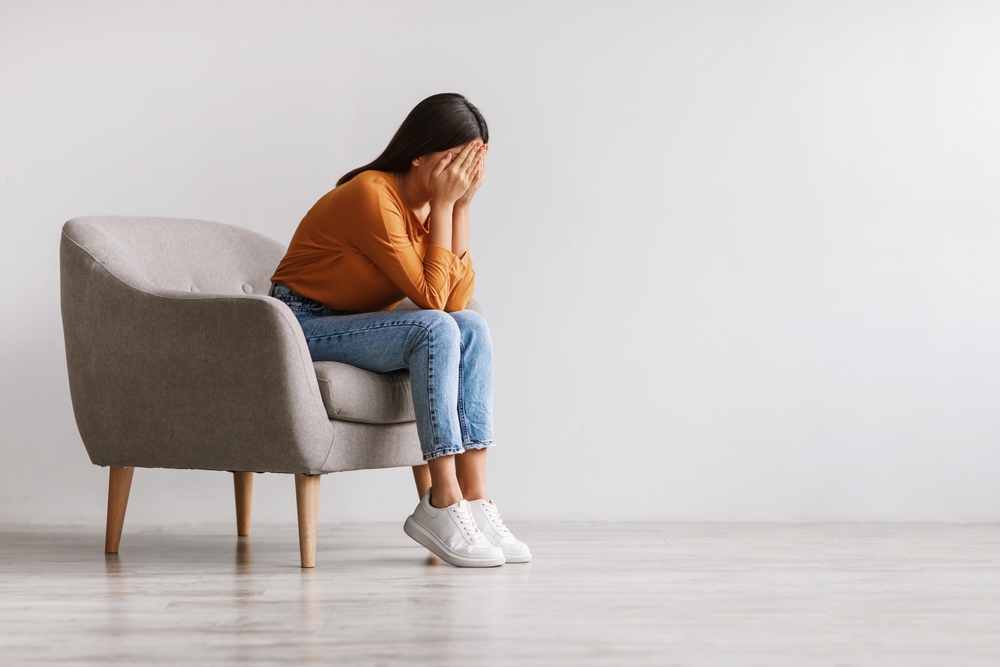Grief Therapy

What is Grief?
Grief therapy can help you overcome even the most distressing of challenges. Grief is a natural response to losing someone or something important to you. You may feel a variety of emotions, like sadness or loneliness. And you might experience it for several different reasons. Maybe a loved one died, a relationship ended, or you lost your job. Other life changes, like chronic illness or a move to a new home, can also lead to grief. Grief Therapy
All of us will experience a significant life event or a major loss at some point in life. You may feel as if you are caught up in a tidal wave, where you’ve lost your ground, been swept up, and landed in a place you don’t recognize from this loss. Many people describe grief as all-consuming or like being underwater. Grief can temporarily change how our brain and body function, and it can be challenging to function as we normally would. This is why many people say they feel slower, heavier, or that they don’t feel like they usually would after a critical loss. One last point: Grief lasts as long as it lasts. Grief is an entirely natural process, and there is no established timetable for grieving. Find out if grief therapy is right for you.
What are some common symptoms of grief?
- Wondering how you will survive without your loved one
- Having difficulty focusing or concentrating
- Using substances to cope
- Noticing physical pain after the loss
- Experiencing frequent crying spells
- Losing touch with others
- Sleeping and eating too much or too little
- Preoccupied with thoughts about death
- A lack of joy and pleasure
- Easily irritated, particularly by those who seem unaffected by the loss
- Feeling regret about the past
Frequently Asked Questions About Grief Therapy
What is the process of grieving?
This varies by individual. Some models of grieving are represented as: to accept the reality of the loss, to work through the pain of grief, to adjust to life without the deceased, and to maintain a connection to the deceased while moving on with life.
According to Kubler Ross, the stages of grief are denial, anger, bargaining, depression, and acceptance.
How Long Does Grief Last?
When will it be over? Unfortunately, there is no simple and straightforward answer. There are too many variables to predict with any accuracy how long someone will be in grief. Every griever is unique, as measured by their personality, coping behaviors, previous experiences with grief, their relationship with the one who died, and many other factors. Every loss experience is also unique, including how expected the death was and whether or not someone was responsible for the death, to name just a few of the variables.
How can grief counseling help?
Grief counseling can help you with many things. It can help you to better cope with the loss, work on expressing your feelings, become more open to new relationships, and/if and when you are ready for it, to potentially work on building a new identity for yourself.
The clinicians at Washington Psychological Wellness can provide sufferers with the assistance they need to move past such feelings as there may be a tendency to avoid the pain — which can prolong it. Counselors are highly trained therapists who have years of experience working with grief and loss. They can help their clients process their loss and make meaning of something that otherwise can be very painful. Grief and loss are highly charged emotions. Therefore, it can help to have support as you navigate and process these difficult experiences.
Ready to speak to a grief therapist?
Book a 15 minute intro call
